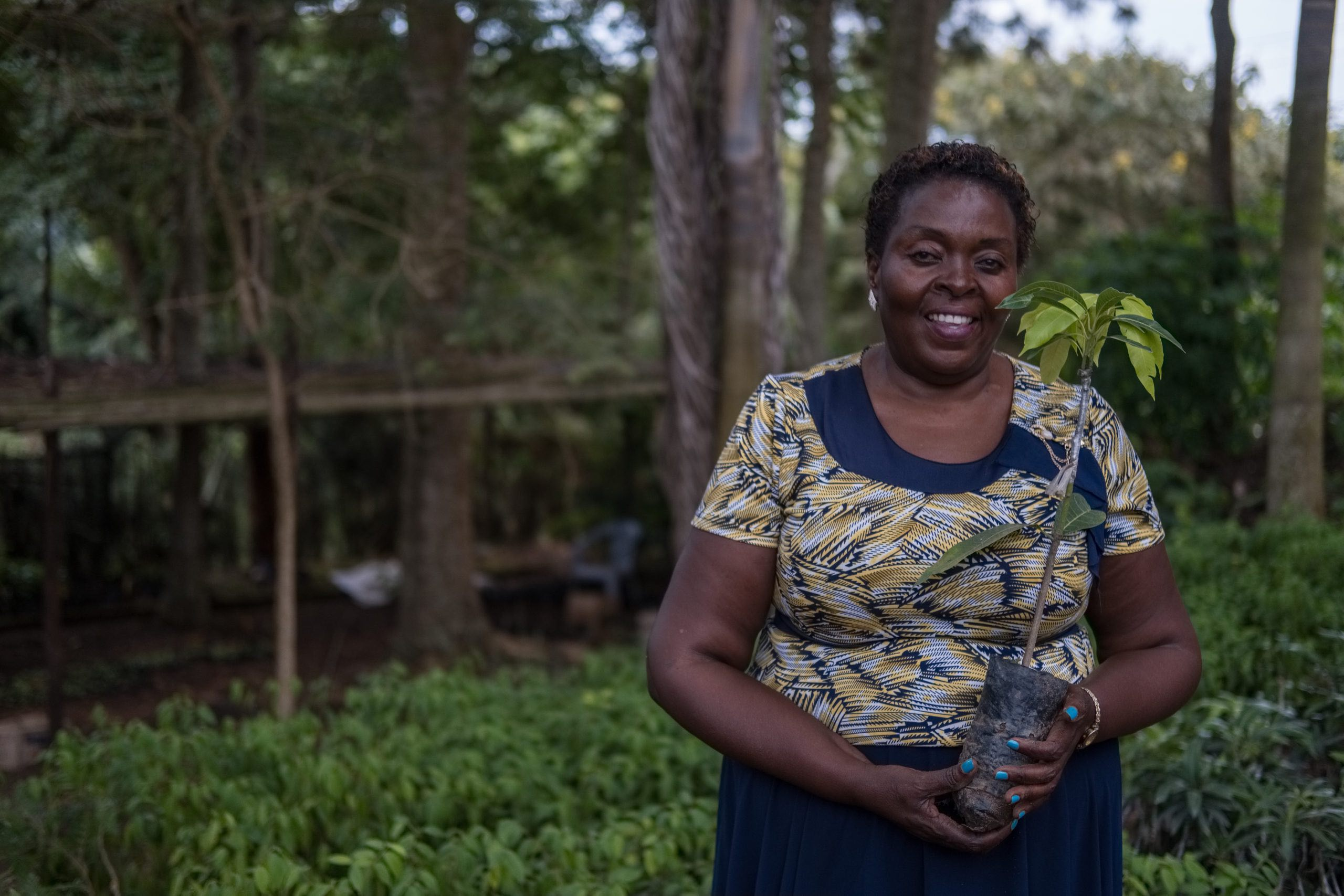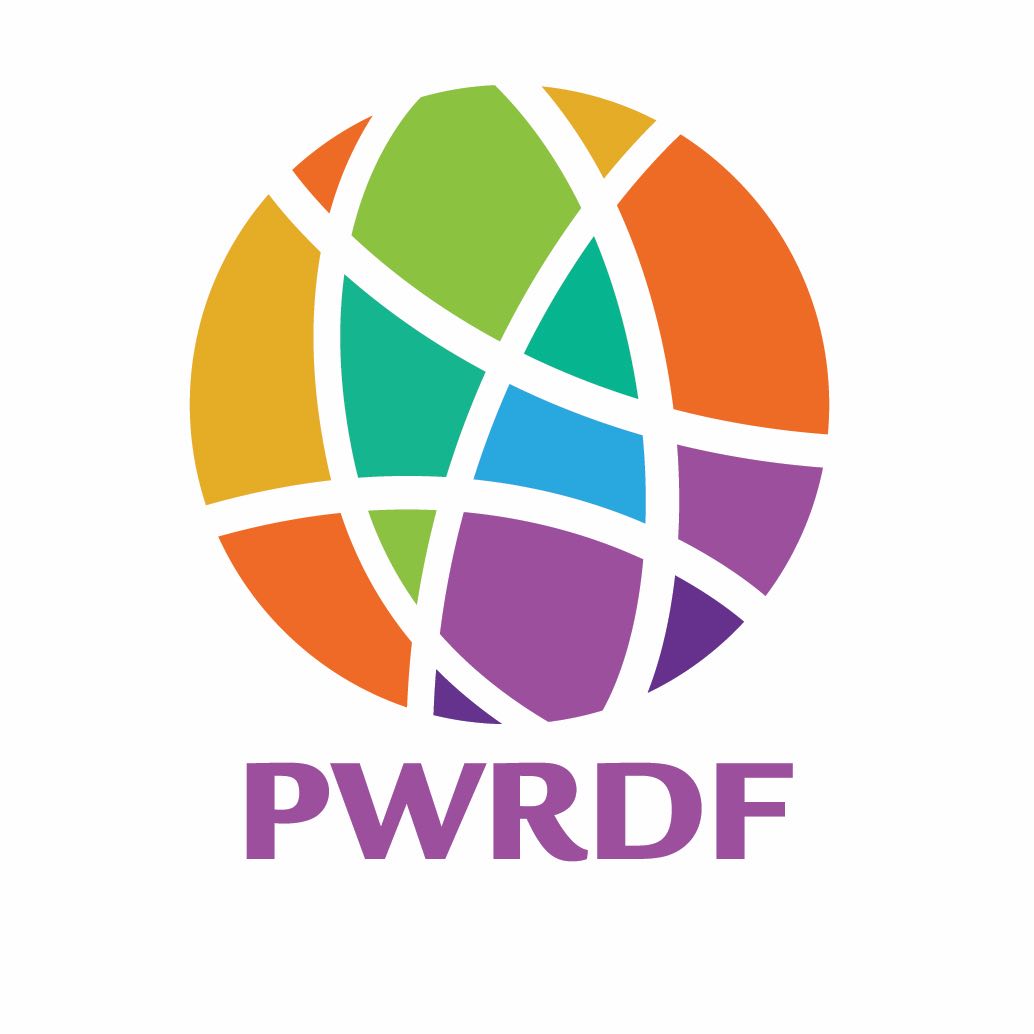When Josephine Kizza Aliddeki started an organic farming project in Uganda, she named it St. Jude for the patron saint of hopeless causes. However, since its beginning, St Jude’s has offered hope for the future by teaching thousands of girls, youth, and women how to farm sustainably, to feed their families, and to earn an income. Partnering with the Primate’s World Relief and Development Fund (PWRDF) has helped nurture that hope. Hear Josephine’s story.
When war broke out in Uganda in 1985, school teachers Josephine and her husband John decided to check on their parents in Masaka, which was some three hours from their home in Kampala. Unable to return to Kampala because the bridge to the capital city had been bombed, they returned to Masaka and became farmers out of necessity.
As it was not culturally appropriate for a woman to live in her father-in-law’s household, Josephine persuaded her husband to settle on land John had inherited from his grandfather. Their belongings at that time included a child’s mattress, a small blanket, a saucepan, one plate, one cup, and a small lantern. Josephine says: “We prayed a lot to St. Jude, patron saint of lost causes.”
When the war ended, Josephine and John discovered that all of their possessions in Kampala had been looted, so they again returned to their farm at Masaka. Because their crops weren’t growing well, Josephine asked her father-in-law for some piglets to use their manure as fertilizer, and, to her surprise, he gave her two piglets. When Josephine heard an ad on radio for an organic farming course in 1992, she took the course, where she learned to make compost to further improve crop yields. Excited about the results, Josephine began sharing her new knowledge with others.
One year later, the teacher of the composting course returned to Uganda from England to check on her students. She was so impressed with Josephine’s farming techniques and inspirational hands-on teaching that she paid for Josephine to earn an organic farming degree in England while John remained with their children in Uganda.
Josephine’s farming project has now grown into an agricultural school that draws students from Africa and elsewhere who want to learn about organic farming, environmental management, income generation, etc. In 1997, the school was registered as an NGO called, not surprisingly, St. Jude Family Projects. By 2019, it had already helped 186,000 farmers.
Since most agriculture in Uganda is done by women, the St. Jude project teaches women (often those affected by HIV and AIDS), children, and youth, but also has garden projects at government schools to provide lunches for poor students. Experience has furthermore taught Josephine and her staff that gender equity means including men in agricultural decision-making processes.
PWRDF’s 2022 World of Gifts lists St Jude’s and 25 other gifts you can choose from this Christmas (and throughout the year) as PWRDF and its partners work to support refugees and internally displaced persons, to improve food security, and to address climate change.
https://pwrdf.org/from-the-ground-up/ with thanks to Janice Biehn, PWRDF Communications & Marketing Coordinator
https://pwrdf.org/tuesday/


